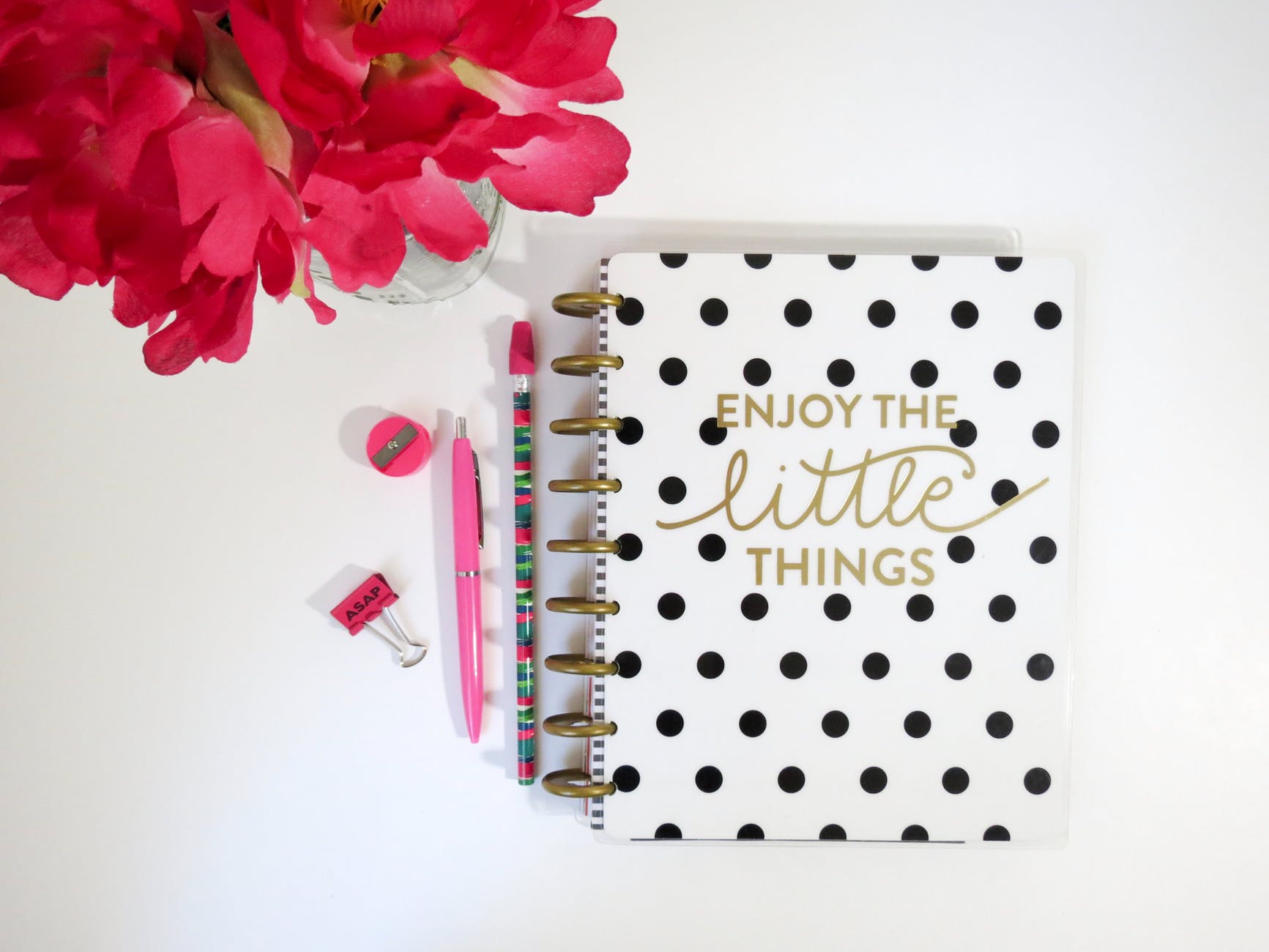Are you conscious of your shopping behavior and its impact on the environment? We are too. Over the past few years, more people have moved or shown intent to move to more sustainable shopping trends.
That has mainly been influenced by vigorous campaigns for environmentally friendly practices throughout the world. Here are some of the easiest and most significant ways you can contribute to a healthier and better environment without compromising on quality.

Know Your Fabrics
Sustainable clothes shopping demands that you consider four essential points:
1) Clothes that are manufactured by people who are treated ethically, respected, and paid well.
2) Clothes that are made from sustainable materials that can be recycled and that don’t need lots of power and energy to manufacture.
3) Clothes that are made from high-quality materials that are durable and comfortable.
4) Clothes that can be re-worn, or recycled to put off their ending up in a landfill for as long as possible.
Fabrics like organic cotton, cashmere, hemp, recycled polyester, linen, and silk, among others are sustainable and environmentally friendly. Numerous stores claim to stock and sell sustainable clothes, but very few, you can trust.
IF you are looking for some sustainable brands you might consider OVERCOATUSA as an option. It is one of the most reputable sustainable clothes stores in the country. They have everything from men’s trench-coats to fur coats and are mostly known for their fabulous men’s car coat collection.
Quality Over Quantity
The most significant kindness you can show the environment is to buy less. Most people’s wardrobes are comprised of clothes that they hardly wear, and that is far from a sustainable culture. You can do this efficiently by shopping for quality clothes which can be worn for many years and in perfect condition. If you buy clothes in an unintentional spree, you might end up having to do away with most of them after a short while. Look for top-quality clothes that can be worn easily with other items in your wardrobe.
Try to avoid shopping for clothes with one specific event in mind and instead buy items you can wear for almost any occasion. If you don’t think you will still be able to wear it thirty years from now, don’t buy it.
Avoid Using Plastic Shopping Bags
Shopping bags come in different forms and materials, and each one has its advantages and downsides. While plastic bags are reusable and recyclable, they are most prone to littering. They are a significant environmental hazard when left unattended on the curbside or in the streets. Since they are not biodegradable, they endanger the food chain and marine life.
Paper bags are kinder on the environment because they are biodegradable and recyclable. However, they depreciate with each use and cannot be used for an extended period. Reusable bags are the most convenient shopping companions. They are very cost-effective because you can use them more than a hundred times and in pristine condition. Reusable bags are eco-friendly, and you don’t have to buy one every time you go shopping. Choose cotton or wool bags when shopping for clothes and create a sustainable shopping practice.
Other Ways You Can be Environmentally Friendly
Reduce packaging by bringing your own reusable or tote bags when shopping and avoiding products with excessive packaging.
Buy items in bulk to reduce the number of trips you make to and from shopping centers.
Buy biodegradable cleaning products that are kind on the water and soil around you.
Consider buying used clothes when you can. There are several stores which offer good quality vintage wear which prevents waste-dumping and pollution.
Avoid impulse buying by making a budget for all your shopping needs before going out to get them.
Instead of throwing out old clothes, consider using Do-It-Yourself hacks to convert them into items you can make use of for a little longer.
Donate clothes and items you no longer need to schools, churches, organizations, and hospitals that accept them.
Conclusion
Now that we have armed you with the right ammunition to make a difference, we hope that you take it. These tips will help you make sustainable decisions not only for clothes shopping but also for all your personal needs. Sustainable shopping has never been easier.
Also Read:
Different Ecotourism activities and Guidelines
Tourism benefits to nature
Ecotourism need, benefits and principals
Make Your Dubai Tour Memorable with a Professional Photographer Guide
Why Houseplants are the Best Birthday Gifts for your Loved Ones
8 Ways how travelling can help you in healing
What are the different types of plastic?
3 Sustainable Shopping Habits You Should Consider
Why we should not drink tea coffee in plastic cups?



